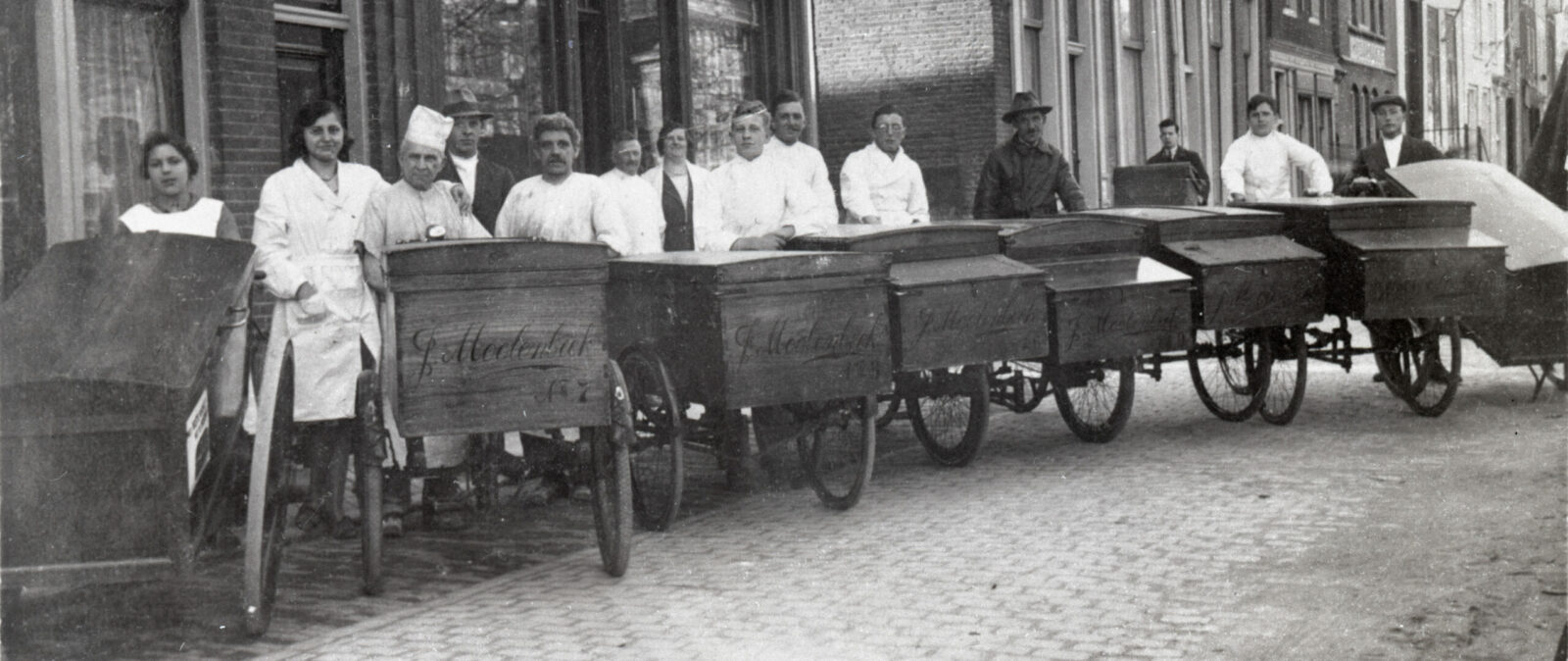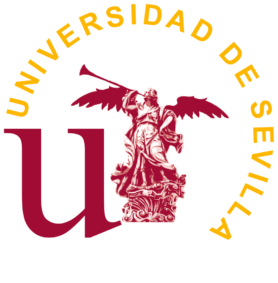ESTER RDC 2025 (University of Seville, 3 – 5 November 2025)
The N.W. Posthumus Institute participates in the European graduate School for Training in Economic and social historical Research (ESTER), a European platform for postgraduate teaching, involving over 60 universities throughout Europe and offering high-level research training for PhD candidates in an international context. Part of the ESTER programme is its annual Research Design Course (RDC) for economic and social historians. In 2025, the RDC will take place in Seville, Spain.
Key info
| Dates and location | 3-5 November 2025, Seville (Spain) |
| Hosting institution | University of Seville |
| Organisers | Dr Germán Jimenez Montes (University of Seville, Department of Economics and Economic History), Dr Rogier van Kooten, René van Weeren BA (both N.W. Posthumus Institute) |
Structure
The Research Design Course (RDC) is a format promoted by ESTER since the late 1990s. The RDC assists candidates in setting up a high quality and well-designed plan for their dissertation under the guidance of a team of leading senior researchers whose task it is to provide comments and feedback.
Therefore, you will be asked to write a paper of about 25 pages in which you discuss the design of your research. In this paper, you will also prepare a detailed work plan for the dissertation. Prior to the workshop, the N.W. Posthumus Institute will circulate all papers, so the participants can prepare them in advance. During the RDC, you will give a brief presentation of your own paper and will receive feedback from junior and senior scholars in the field. You will also act as reporter, chair, and peer commentator for papers of other PhD participants.
Objectives
The RDC course is aimed at offering PhD candidates better awareness of research choices that need to can be made by assisting them to:
- sharpen and refine their research questions;
- strengthen the focus of their research; increase the consistency of their overall dissertation plan;
- make explicit the various theoretical and methodological choices that have to be made in the course of the project;
- improve the composition of the dissertation;
- learn how to provide feedback to peers.
The overall goal of this methodological reflection is to investigate the scientific procedures that historians use to reach scientific explanations and to combine all analytical elements into a synthetic and coherent historical account. On the last day of the RDC, each participant will be awarded with a certificate.
Requirements
Candidates participating in the RDC should meet the following minimum requirements:
- be a PhD candidate in economic and social history (regardless of their research subject)
- (at the very least) be finishing the first year of their dissertation project, methodology and research design should not be fully crystallised
- working on their research for at least six months, when they start writing their paper
- able to have mastered English at a sufficient level
How to apply
Registration is now closed.
Time path
| 1 March 2025 | Call for applications open |
| 1 July 2025 | Deadline application |
| 15 July 2025 | Decision on application, applicants informed |
| 1 October 2025 | Deadline paper submission |
| 6 October 2025 | Papers available online for participants |
| 3 – 5 November 2025 | ESTER RDC seminar |
Practical issues
Costs
- There are no registration costs.
Accommodation, catering, and travels
- Accommodation should be arranged by yourself; the organisation may provide a list of suggestions concerning accommodations in Seville.
- Most of the catering will be pre-arranged, this will not be the case on Tuesday evening. Therefore, the candidates should take into account that they will have to make their own dinner arrangements.
- The participants are also required to organise their own travel arrangements to and from Seville.
- In specific cases candidates may apply for a travel subsidy; this only applies to candidates who have no or not sufficient options for such funding.
Contact
For inquiries concerning this course, please contact us by e-mail.



